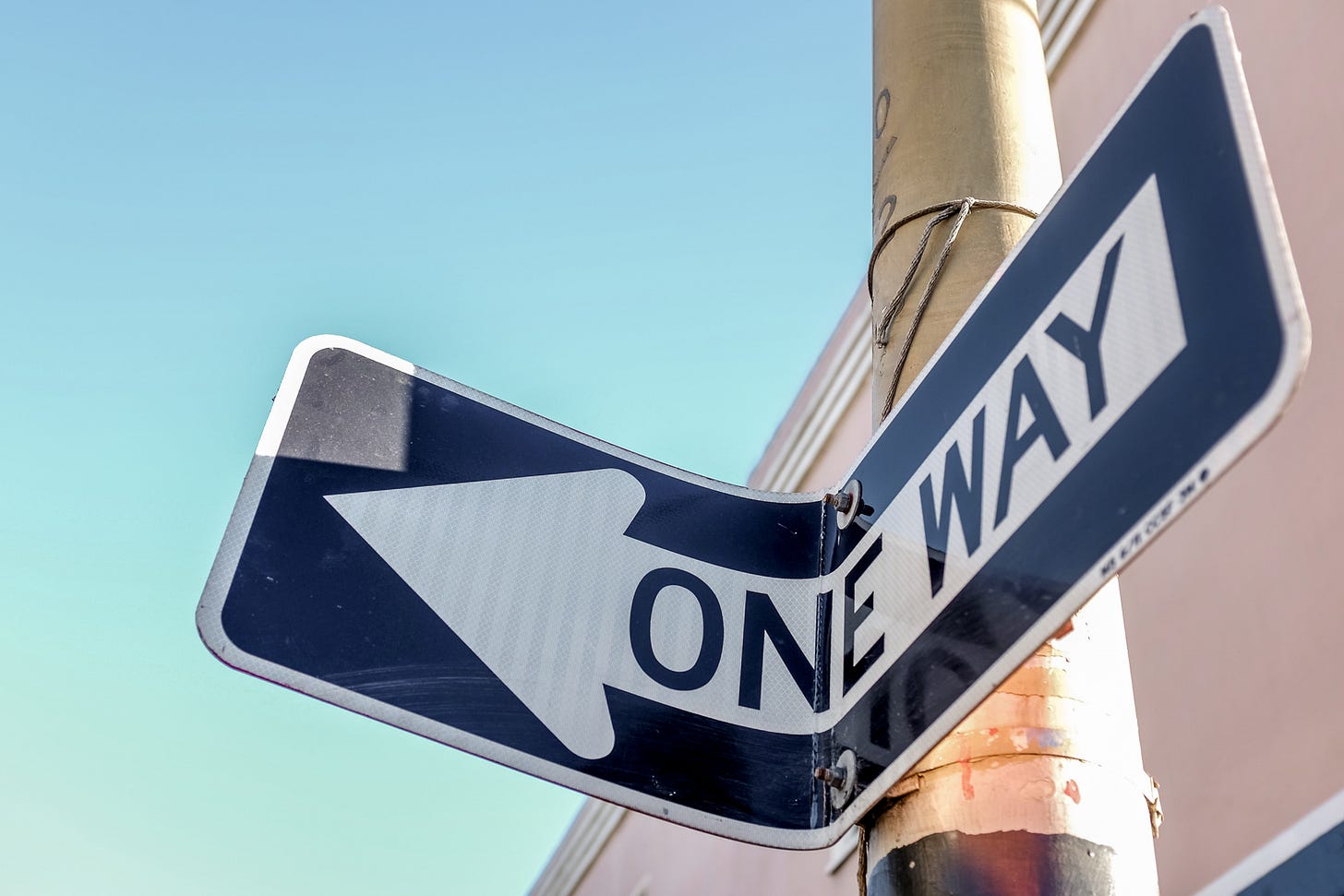Open Thread: Books that Changed Your Thinking?
Funny Things Can Happen When You Entertain Other People’s Ideas
Books allow us to contemplate ideas other than our own. Sometimes the effect is minimal; we entertain thoughts that wouldn’t otherwise occur to us but then scoot along when we’re done. We might even forget what the book was about.
But other books have a profound effect on us and alter how we think about some aspect of the world—maybe several. Reading allows us to temporarily adopt the perspective of another, and that process can permanently shift our view.
Maybe a book causes us to imagine a reality we never considered before. Perhaps it recontextualizes something utterly boring and familiar in a surprising—even thrilling or unsettling—way. Or it could be as simple as restating the obvious in illuminating language we’d never arrive at on our own.
The Atlantic recently asked staffers to share books that changed their thinking, and that got me thinking: I’d love to hear about books that changed your mind as well. It could be a massive shift or something subtle but still meaningful: In the comments, let’s share books that altered how we see the world, others, or ourselves.
I’ll share one of my own below.
I first read The Future and Its Enemies by Virginia Postrel in 2005. By then the book had been out several years. Published late in 1998, it’s now celebrating its twenty-fifth anniversary. And I’d say it’s every bit as relevant today as it was when it was published.
There’s not one right way things work in the world, Postrel argues. Rather, there are countless ways—some better than others. But there’s no preordained path or dictum from on high that determines our direction. Instead, both individuals and societies have to discover the best solutions for ourselves, and that process requires latitude to experiment, develop, and play around with options.
Without the freedom to move between solutions, we get stuck with suboptimal answers. Postrel calls individuals and societies that allow such freedom dynamists. Those that deny the necessary latitude she calls stasists.
When I first read The Future and Its Enemies, I was floored by Postrel’s vision. I had a few pieces of what she described, but they were loose and unformed. Postrel not only created a framework to describe how those pieces fit together, she filled in gaps in my thinking and gave me vocabulary, models, and arguments to build on. A good book can do that. I’ve been dipping in and out of it ever since and even bought a backup copy!
Now, how about you? What’s one book—or more—that changed your thinking and gave you a new way to see life, culture, relationships, the universe, whatever? Add it to the comment thread below, and let us know how it affected you. Could be history, biography, theology, economics, fiction, self-help, anything really.
While you’re here, hit the ❤️ button and subscribe if you haven’t already! It’s free. Thanks!



Till We Have Faces by C. S. Lewis. I read this book and was carried along with narrative from the perspective of Orual. Completely excusing her mindset and actions. Although I knew that ultimately she was in the wrong, I was sympathetic and excused her thinking and her lack of faith. But when she has her wake up moment I was blindsided. I felt my eyes opened along with hers as I watched her see her life through different lenses.
One quote sticks with me “I know now, Lord, why you utter now answer. You yourself are the answer. Before your face questions die away.”
Man's Search for Meaning by Viktor Frankl challenged me to see the difficult events of my life through a new lens. For the longest time, it was hard to accept that a lot of what I was going through had a purpose. Until I read this line:
"Everything can be taken from a man but one thing: the last of the human freedoms—to choose one’s attitude in any given set of circumstances, to choose one’s own way."
In the weeks and months after reading the book, I began to understand more fully what Frankl meant. Opportunities presented themselves that I would have turned down before, and it made me realize that I could use my difficult moments for good. I realized I retained a lot more control of my attitude and outlook than I originally thought. My life has not been the same!